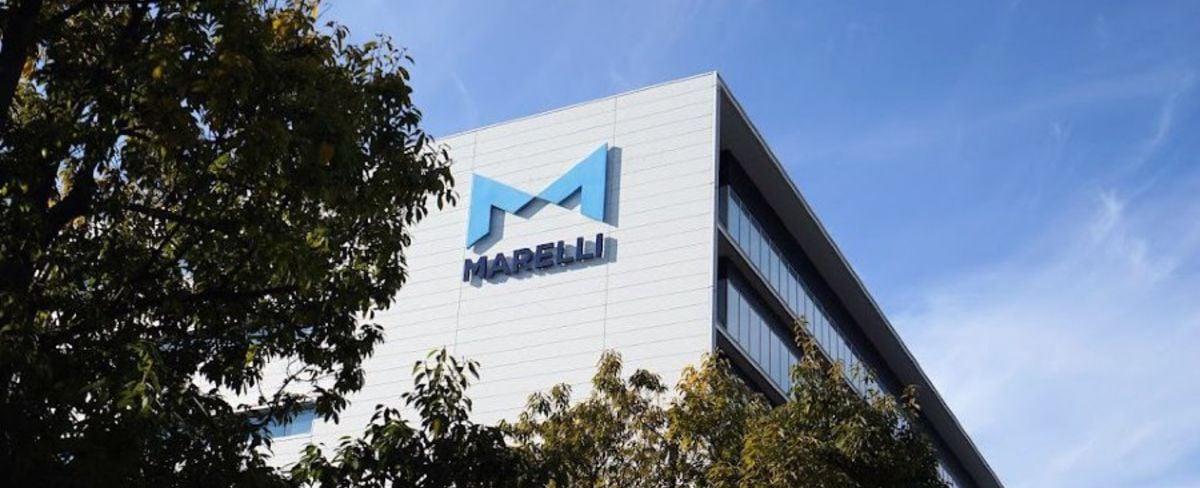
Marelli, an automotive parts supplier, announced plans to cut 400 jobs in Italy due to the decline in demand for its products amid the Covid-19 pandemic. The company, which is owned by Japanese firm Calsonic Kansei, will close its plant in Bologna and reduce its workforce in Italy by 25%. According to Marelli’s CEO, the company will prioritize a voluntary exit plan and will try to mitigate the impact of the job cuts. However, Italian unions are concerned about the effects of the layoff on the country’s industrial sector given Marelli’s position as a leading electronics manufacturer for the automotive industry.
This news caught my attention because it highlights the ongoing economic difficulties faced by many companies and workers in the aftermath of the pandemic. Marelli’s decision to cut jobs is a sign of the challenging conditions faced by the automotive industry and the wider economy, which has been hit hard by worldwide lockdowns and travel restrictions.
The job cuts at Marelli will impact the company’s operations in Italy, where it employs around 1,600 people in six plants. The plant closure in Bologna alone will lead to the loss of 500 jobs, with the remaining 100 cuts spread across other sites in Italy. Marelli’s management has cited the need to restructure its business following the drop in demand for its products as the reason for the cuts.
The layoffs at Marelli are just the latest blow to Italy’s manufacturing and automotive sectors, which have been struggling for years due to a combination of high labor costs, lack of innovation, and competition from cheaper foreign competitors. The job losses are also a sign of the ongoing challenges faced by many companies as they adapt to the post-pandemic landscape.
In conclusion, Marelli’s decision to cut jobs in Italy highlights the ongoing difficulties faced by companies and workers in the global economy. While voluntary exit plans will be offered, Italian unions are concerned about the impact on the country’s already struggling industrial sector. The news serves as a reminder of the need for sustained support for workers and businesses as they navigate the challenges of the post-pandemic landscape.
Quick Links

